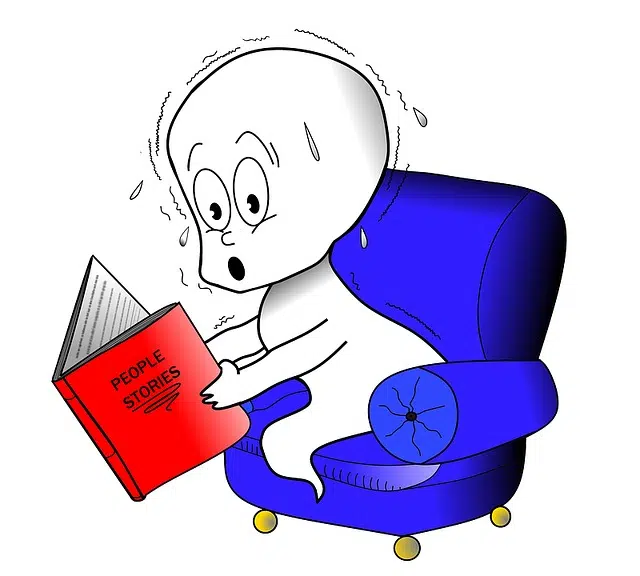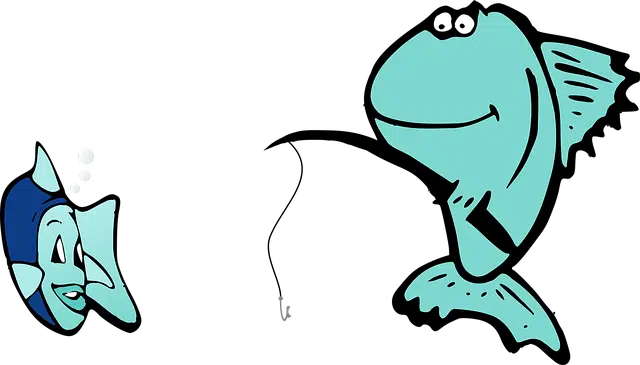
A joke is characterized by its funny content (like a ghost getting scared when reading "people's stories").
A joke is a funny saying or occurrence . It may be a spontaneous expression or a saying or short story that contains something that makes its recipients laugh. The joke can be oral, written or graphic.
For example: "Grandpa told me a very funny joke," "They always make fun of me because I don't understand jokes," "Raúl finds dirty jokes funny."
Good jokes and bad jokes
The intention of the joke is to make the recipient (whether listener or reader) laugh. Its main objective, therefore, is comedy , although there are jokes with political and social connotations that mask criticism.
Jokes can be rated, subjectively, as good or bad. Good jokes are those that fulfill their objective and make the recipient laugh . Bad jokes , on the other hand, fail in their final effect.
The ability to make people laugh is something that very few possess; It is not enough to tell a good joke, but the way in which it is transmitted is essential. In fact, true comedians do not need to say much or have a large repertoire to cause the effect they seek in their audience, since through their gestures, their facial expressions, the inflections of their voices and certain words or phrases That they identify them they manage to turn any story into a great joke.

A joke can be classified as good or bad depending on its effect.
The importance of laughter
As a social element, jokes play a very important role when building new relationships, since it is very useful for breaking the ice in a group of people who do not yet have close ties. Making others laugh gratifies us in a very particular way and, since laughter is contagious, it amuses us too.
It is public knowledge that laughter is very beneficial for our health . Some of its virtues are listed below:
* helps us combat depression and anxiety;
* promotes the secretion of adrenaline, thanks to which imagination and creativity are enhanced;
* causes the body to secrete endorphins, which act as brain sedatives. They can be compared to non-harmful, natural drugs without side effects that we can obtain as easily as laughing, and that cause an analgesic effect;
* It is an interesting exercise in which around four hundred muscles are involved , among which are some that are only exercised through laughter.
For these reasons, jokes not only serve to have a good time, but they positively affect our health and that of those around us.
Jokes that are not funny
However, it is curious that not all people have the ability to enjoy them; For various reasons, there are those who seem not to be able to laugh out loud, and this is sometimes perceived as antipathy, despite being due to very particular issues in each case, similar to the inability to enjoy food.
Sometimes, on the other hand, jokes involve aggression or discrimination. Sexist jokes, for example, feed a stereotype that mocks women, even though the comic element has little to do with reality.
Other uses of the term
Many times the notion of joke is used as a synonym for joke or gag . Jokes , however, are comic situations created from a real person or situation, while gags are part of visual (and non-verbal) humor .
The degree of difficulty of something can also be classified under the concept of joke. A joke, in that sense, is something very easy: "Solving this problem is a joke," "In the end, painting the house is not a joke."
